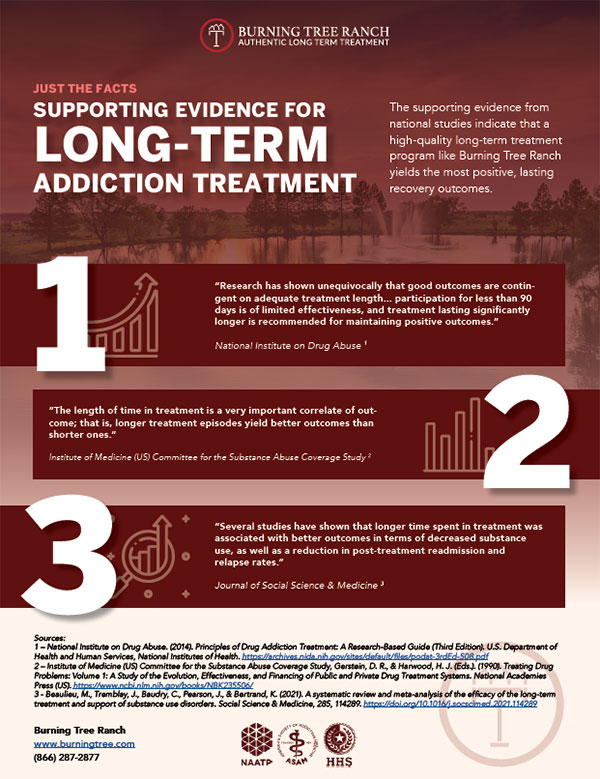What Makes Us Different: Just About Everything
It's Time For Your Family to Try Something Different
Our families, like our clients, come to us broken. Having endured years of agony at the hands of a constant, unyielding addiction, Burning Tree Families are ready for something different.
They are ready for Burning Tree!
Unlike traditional 30-, 60-, and 90-day programs, we understand there are no quick fixes for the depth of our clients’ problems. While short-term programs may have worked for others, chronic relapse requires something different—in fact, something extraordinary.

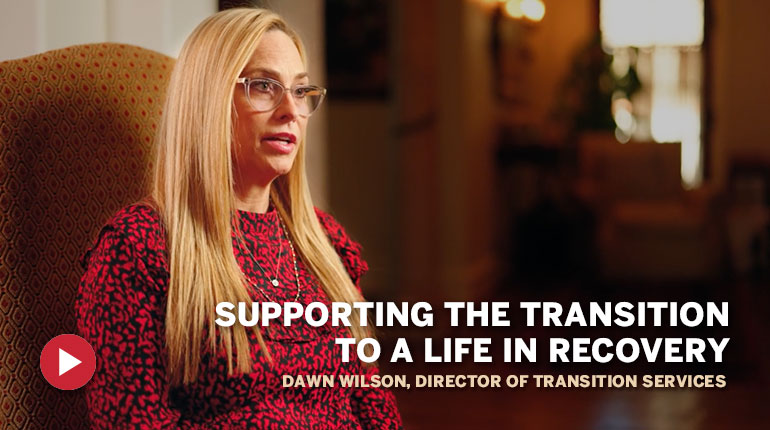
What Makes Burning Tree Different from Other Treatment Programs?
Burning Tree is the Nation’s only authentic long-term treatment provider specializing in the treatment of chronic relapse. We address life and death matters as they relate to chronic addiction and mental health.
- 100% Progress-Based
- Exclusive To Chronic Relapse Clients
- Life Skills Intensive, Accountability Driven
- Emphasis On Behavioral & Attitudinal Well-Being
- Long-Term, Multi-Phase Continuum Of Care
Burning Tree Graduates
Our clients engage in a highly customized, life-altering treatment program tailored to the individual. While the goal is permanent sobriety, the mission is so much more. Here’s what to expect from a Burning Tree Graduate:
- Leads a Self-Supporting, Financially Independent Lifestyle
- Remains Accountable to Self, Peers, & Family
- Speaks Transparently & Listens Actively
- Demonstrates Patience & Composure
- Responds to Stressors Practically
- Prioritizes Integrity & Embraces Sobriety
Seem too good to be true? Burning Tree is a long-term specialty program that focuses exclusively on the complex needs of chronic relapsers. In fact, that’s all we do.
How Do I Know If My Loved One is a Fit for Burning Tree Ranch?
We Are Different Because We Understand Families. We Understand Clients. We Understand What Hasn't Worked.
We view addiction as a family disease and believe firmly that our families need as much help and guidance as their loved ones. Working as a team, we lead the entire family through the recovery process.
Loving a family member who is a late-stage, chronic addict or alcoholic presents numerous painful circumstances that profoundly impact the well-being of the family.
These circumstances can be examined through several key dimensions:
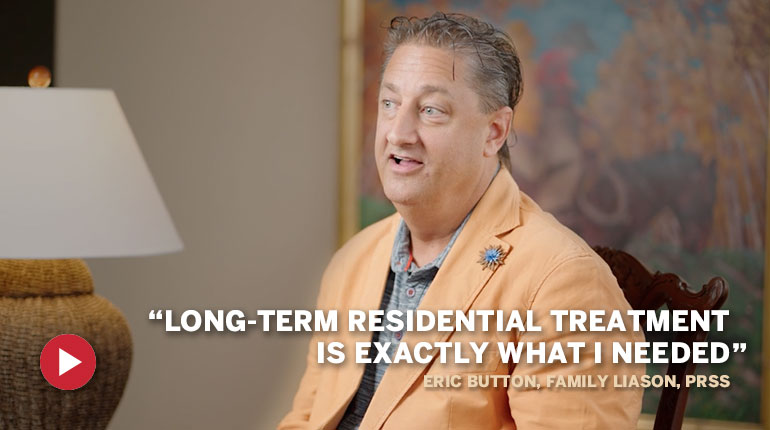
Psychological Distress
Family members often experience significant psychological distress, characterized by feelings of helplessness, frustration, and despair. The inability to alter the trajectory of the loved one’s addiction despite persistent efforts can result in chronic anxiety and depression.
Erosion of Trust
Addiction frequently leads to behaviors such as deception, theft, and manipulation. These actions erode the foundational trust within familial relationships, resulting in a pervasive sense of betrayal and emotional pain.
Economic Hardship
The financial burden associated with addiction is considerable. Families may incur substantial costs related to medical care, legal fees, and the sustenance of the addict’s habit. This economic strain can lead to significant financial instability and stress.
social Isolation & Stigma
The stigma surrounding addiction can compel families to withdraw from social interactions to avoid judgment and ostracism. This isolation exacerbates feelings of loneliness and disconnect from broader social support networks.
Guilt & Shame
Family members often grapple with intense feelings of guilt, questioning their responsibility in the loved one’s addiction. They may also experience shame, fearing societal judgment and blaming themselves for the inability to prevent or mitigate the addiction.
Chronic Stress & Consequences
The relentless stress of managing the complexities of a loved one’s addiction can lead to severe physical and mental health issues among family members, including hypertension, anxiety disorders, and depression.
Enabling Dynamics
In their attempts to assist, family members might engage in enabling behaviors, such as providing financial support or covering up for the addict’s choices. This can inadvertently perpetuate the addiction cycle, leading to increased frustration and helplessness.
Ambiguous Loss
Families often endure a form of ambiguous loss, grieving the person their loved one once was and the future they had envisioned. This type of grief is particularly painful as it lacks closure and is continuously reignited by the addict’s ongoing behavior.
Impact on Relationships
The intense focus on the addicted individual can strain other familial relationships, including those with spouses and other children. This dynamic can lead to further emotional turmoil and conflict within the family unit.
Legal Complications
Addiction often brings about legal issues, including arrests, court cases, and potential incarceration. Navigating these legal challenges adds a layer of stress and can disrupt family stability.
Struggles & Hopes Before Treatment
As a specialty program dedicated to treating chronic relapse, the Ranch Team has listened extensively over the years.
Here is what Burning Tree families say they need:
- "We need a team that understands how bad things have gotten. A team that will help us end this nightmare of addiction once and for all."
- "We need a team that offers high accountability and structure. A team that can help our loved ones establish a sense of integrity, discipline, and personal responsibility."
- "We need a team that will not be outwitted, charmed, or manipulated by our loved one. A team that is willing to confront and address our loved one’s ineffective beliefs, thoughts, and behaviors "
- "We need a team to help our loved one establish financial independence and self-governance; a team that understands the value of a self-supporting lifestyle.”
- "We need a team that will tell us what (and what not) to do and hold us accountable for the change we are responsible for."
- "We need something different, and we need it now."
Families, WE HEAR YOU!
We promise to be direct, consistent, and straightforward. We will do everything possible to help you move toward a new era of permanent recovery.
Understanding Our Clients: Bridging the Gap Between Intentions and Actions
One of the most frustrating aspects of addiction is the discrepancy between what our clients say they want and their actual behaviors. Many of our clients express a sincere desire for sobriety, but their actions often tell a different story.
Burning Tree’s entire philosophy revolves around one question: “What are you willing to do to get what you say you want?”
This is why honesty and accountability are essential to our long-term treatment program. We emphasize the importance of taking responsibility for one’s actions and making the daily choice to live according to one’s values and aspirations.
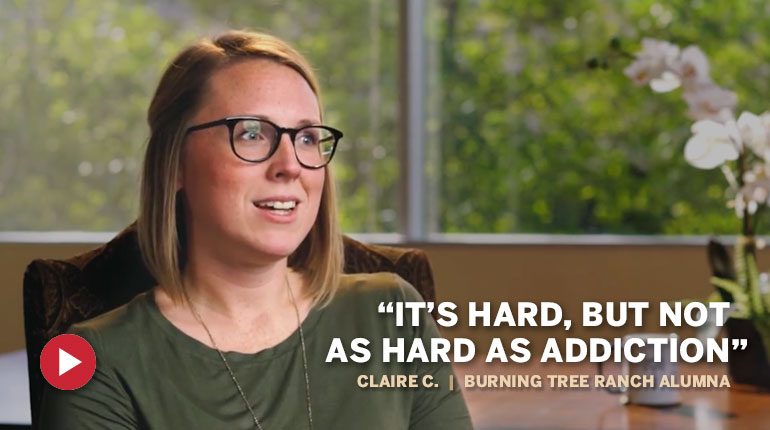
The Burning Tree Client
- Continues substance use despite increasingly grave consequences
- Struggles with undiagnosed, misdiagnosed, or untreated co-occurring disorders
- Fails to maintain therapeutic, medication, and self-care routines
- Faces difficulties in managing anxiety, depression, and stress
- Delays seeking help, minimizing the gravity of their addiction
Supporting Evidence for Long-Term Treatment
The supporting evidence from national studies indicate that a high-quality long-term treatment program like Burning Tree Ranch yields the most positive, lasting recovery outcomes. The more time individuals spend in a professional treatment setting, the more likely they are to achieve permanent, long-term sobriety.
Total Immersion in the 12-Step Program
Burning Tree Ranch offers more therapeutic exposure as a long-term, progress-based facility than any nationwide program. Our clinical approach, philosophies, and mission are firmly grounded in the fundamental belief that permanent, lifelong sobriety is attainable for the chronic relapser.
As such, we invite our clients to have a brand-new experience with the Twelve Steps and develop a more profound experience of the healing necessary to recover fully and permanently.

“We are often asked by families, ‘with all the addiction medicine and evidence-based therapies that you offer, why the twelve steps?’
The answer is simple: to help them recover.”
Brook McKenzie, LCDC, COO
"We were having trouble with personal relationships, we couldn't control our emotional natures, we were prey to misery and depression, we couldn't make a living, we had a feeling of uselessness, we were full of fear, we were unhappy."
~ Alcoholics Anonymous, p. 52
Our Multidisciplinary Team: Comprehensive Expertise for Comprehensive Care
Burning Tree’s clinical and psychiatric team is trained to treat a variety of dual-diagnosis conditions that extend beyond addiction. Utilizing a host of evidence-based therapies, our primary focus is to help generate measurable improvements in our client’s emotional, mental, and behavioral well-being, thus dramatically reducing the risk of relapse.
Our delivery of world-class clinical interventions relies on an advanced clinical curriculum, evidence-based therapies, and in-depth trauma work designed to help free individuals from the cycle of chronic relapse.


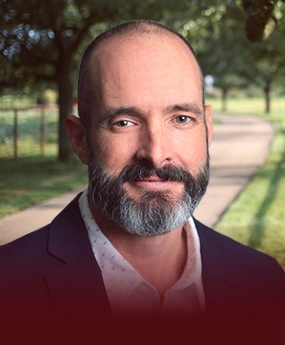

Featured In Top Publications












